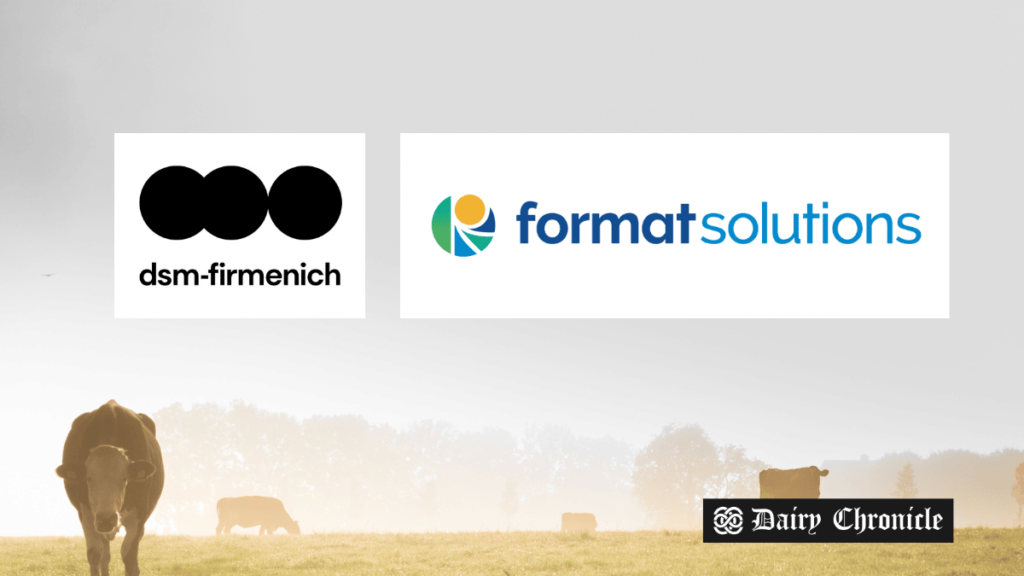DSM-Firmenich has partnered with Format Solutions to integrate their sustainability tools, allowing feed producers to measure and reduce their environmental footprint. This collaboration combines DSM-Firmenich’s SustellTM platform with Format Solutions’ feed formulation software, offering a streamlined approach to quantifying and managing emissions in the feed sector. The integration provides value chain transparency and supports sustainability practices across the food industry.
DSM-Firmenich, a global leader in animal nutrition and health, has partnered with Format Solutions, a top provider of integrated formulation and feed ERP software, to enhance sustainability across the feed industry. This strategic alliance aims to integrate DSM-Firmenich’s life cycle assessment (LCA) platform, SustellTM, with Format Solutions’ advanced feed formulation software, creating a powerful tool for measuring and managing the environmental impact of animal feed.
As the food production sector is responsible for approximately one-third of global greenhouse gas emissions, there is increasing pressure on companies within the food and feed value chain to reduce their environmental footprints. This collaboration addresses that need by offering a more efficient and transparent way for feed producers to calculate, report, and reduce their emissions.
David Nickell, Vice President of Sustainability & Business Solutions for Animal Nutrition & Health at DSM-Firmenich, emphasized the significance of this collaboration.
“The integration of SustellTM with Format Solutions’ software marks a critical advancement in connecting the entire farm-to-fork data ecosystem, SustellTM’s user-friendly LCA platform fosters collaboration, helping us overcome sustainability challenges and seize related market opportunities.”
David Nickell, Vice President of Sustainability & Business Solutions
“We are excited to partner with DSM-Firmenich to offer our clients an innovative solution to manage their feed manufacturing’s environmental footprint. This collaboration will bring substantial benefits to our customers and contribute to the feed sector’s sustainability.”
Ian Mealey, Product Marketing Director at Format Solutions.
The integrated solution combines Format Solutions’ feed formulation software with SustellTM’s LCA platform, allowing feed producers to instantly calculate and share their environmental impact. With this seamless integration, users can easily report the sustainability of their feed products using data already available in their existing systems. This tool not only helps meet emerging feed labeling requirements but also aids in preparing accurate, ISO-compliant environmental footprints for key animal-based products, such as meat, milk, eggs, and farmed seafood.
By improving transparency across the value chain, the partnership also benefits farmers, integrators, processors, and retailers. This enhanced visibility enables companies to accurately report their emissions, implement better sustainability practices, and access opportunities like eco-labeling, sustainable finance, and carbon trading initiatives.
This collaboration marks an important step toward full value chain transparency, helping the entire food industry meet the growing demand for sustainability and compliance in an evolving global market.



